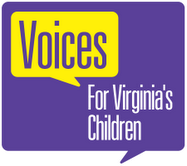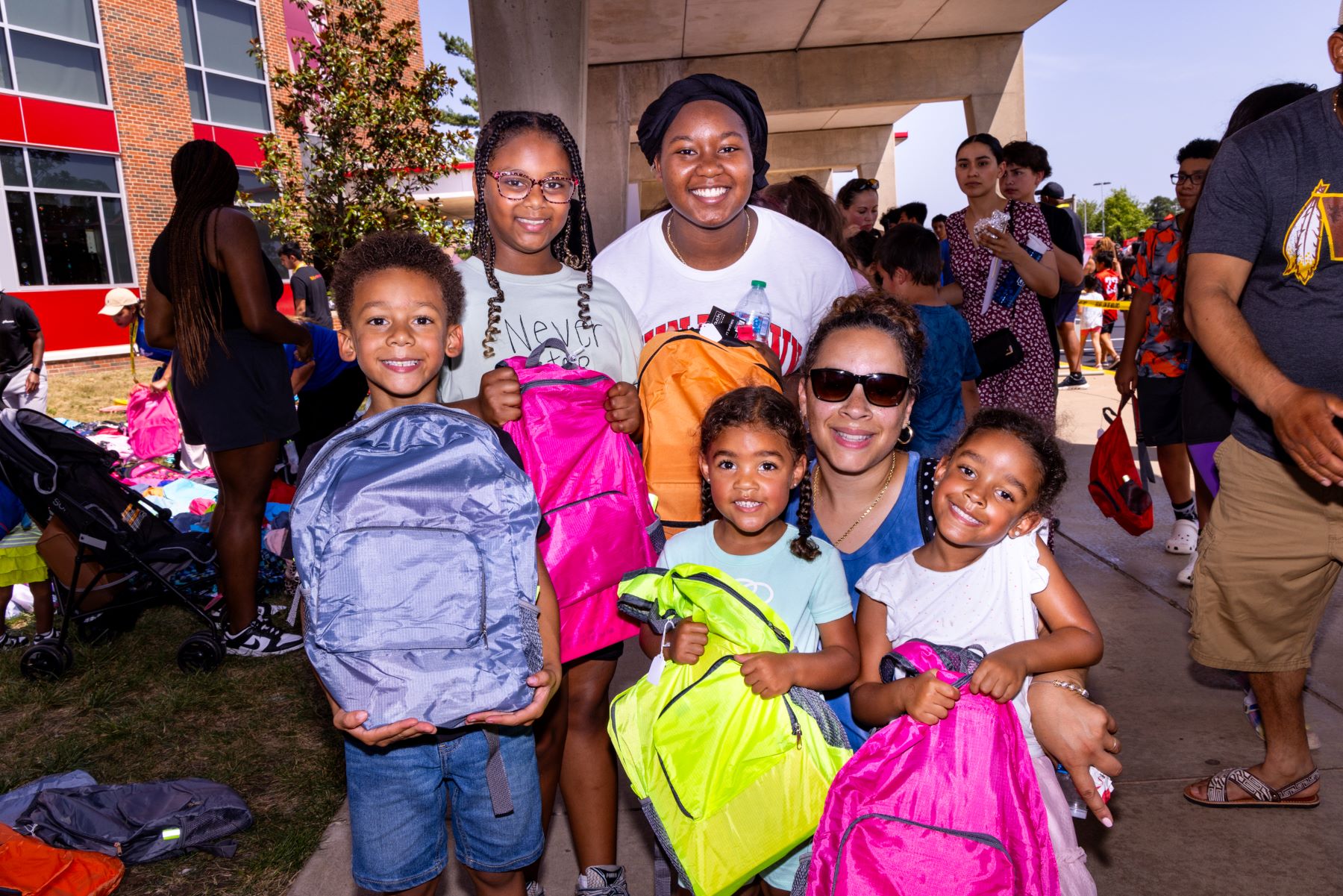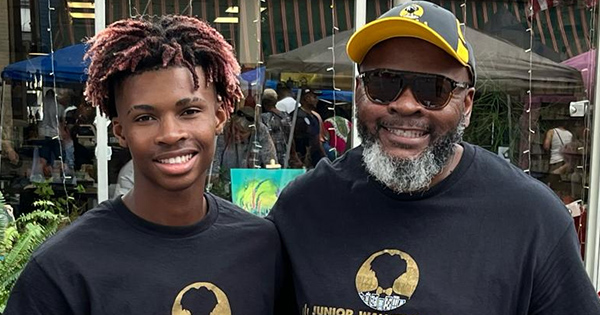Voices for Virginia’s Children Applaud Governor Youngkin’s Focus on Children’s Mental Health
Yesterday, Governor Glenn Youngkin announced a three-year plan called “Right Help, Right Now” and an additional $230 million for behavioral health services in Virginia. Children’s mental health was a top issue for the governor, where he announced doubling access to mobile crisis response teams, $15 million to expand school-based mental health services, $9 million for telehealth in preK-12 and higher education, and expansion of trauma-informed alternative transportation services. This is a historic investment for youth mental health in the commonwealth.
Rachael Deane, CEO at Voices for Virginia’s Children, issued the following statement:
“Thank you to Governor Youngkin for prioritizing children’s mental health and understanding the urgency to overhaul our entire mental health system. Children and adolescents must be able to receive care. It is critical to invest in our workforce that serves young people and improve their access to crisis-response services, outpatient therapy, and school-based mental health services.
“Mental health care needs among young people far outpace the available resources for this unique population, and the system is nearly at a breaking point. Virginia ranks 48th in access to youth mental health services. There are only 14 child and adolescent psychiatrists per 100,000 children, and only 10% of the Department of Behavioral Health and Developmental Services budget has been dedicated to serving children and youth. Additionally, racial inequities, language access, and a strained workforce continue to create barriers on how young people are able to get help, if at all.
“Virginia needs a functioning continuum of care for different levels of mental health crisis among young people. Lawmakers must prioritize solutions tailored to the specific needs of children and youth that include:
- A diverse and culturally responsive workforce by offering incentives to enter the behavioral health field, achieve licensure, and receive appropriate compensation.
- Sustaining the increased Medicaid reimbursement rates for community-based behavioral health services and early intervention services so families have access to a variety of mental health providers.
- A crisis response system designed for the developmental needs of young people available in every region that considers schools and families as partners in crisis response and stabilization.
- Creating a path to fully leverage Medicaid to help pay for and expand school-based mental health supports, plus the insight and buy-in of students to design those supports.
- Investing in community-based gun violence prevention programs and providing Medicaid coverage immediately to children and youth who witness violence or are victims of trauma.
“A long-term commitment is needed to build a mental health network of care for children to receive support whenever, wherever, and as soon as mental health concerns are raised.”



